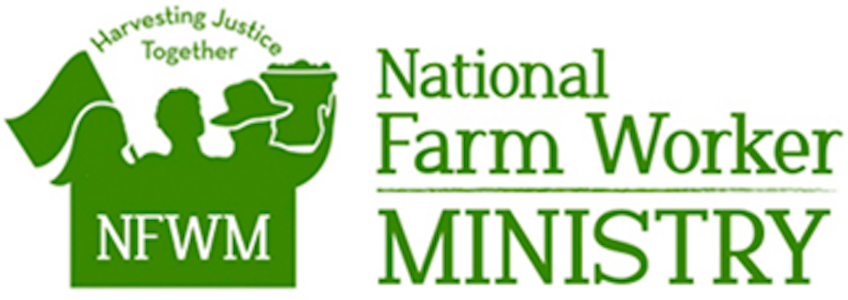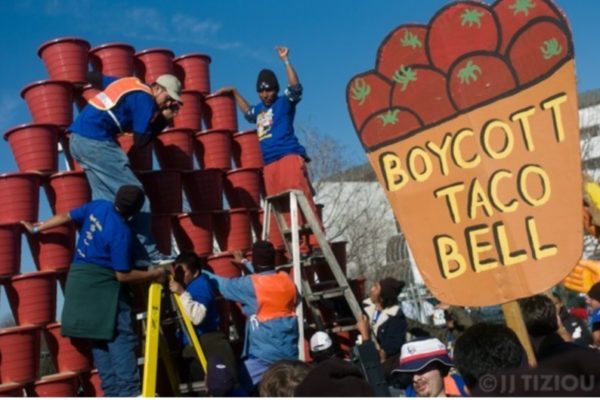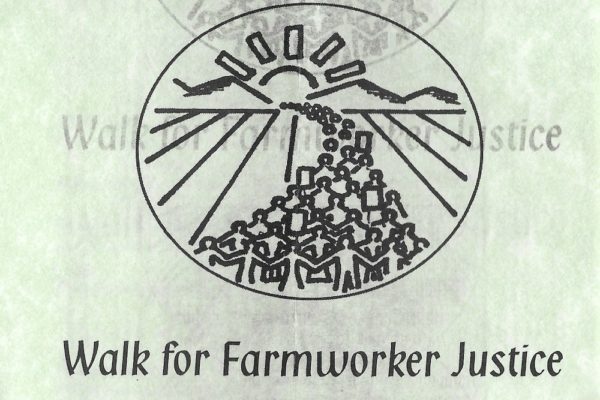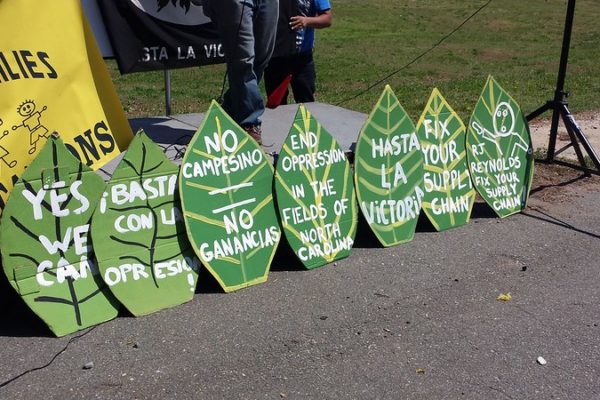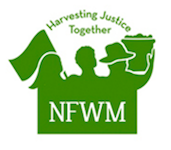In 1975, “to educate farm workers about their newly-won rights, [Cesar] Chavez embark[ed] upon his longest, and least known, march,” says the United Farm Workers’ website. “[It was] a 1,000-mile, 59-day trek from the Mexican border at San Ysidro north along the coast to Salinas and then from Sacramento south down the Central Valley to the UFW’s La Paz headquarters at Keene, southeast of Bakersfield [California]. Tens of thousands of farm workers marched and attended evening rallies to hear Chavez and organize their ranches.”
Sister Tess Browne, currently a Sister of Charity in Massachusetts and former National Farm Worker Ministry board member, recalls that she was at the National Assembly of Women Religious in San Francisco as Cesar began the march. The university where the conference was being held served grapes to the attendees, unbeknownst to the conference organizers that the socially conscious women were boycotting grapes at the time in solidarity with the farm workers. “We asked them to take them off the plate, and they wouldn’t – so we picketed,” she said.
After they picketed, Tess recalled a sister who was on a panel with her proclaiming that she could not stay at the conference out of respect for her sisters who has been arrested supporting the farm workers. “So she said she was not going to be part of the conference and left. After that, [another sister] Pat (Drydyk) said we should go join Cesar on his march so we got in the car and left.”
“We got into a lot of good trouble, Pat and me,” she added with a laugh.
Tess and Pat caught up to the marchers about 10 miles into their trek and stayed with the farm workers at night, she said.
“At one point, they asked me to carry the banner of the Lady of Guadalupe. It was a very spiritual moment for me. Each night, they would end the march in a farm worker community and we would tell them about their rights and the law. We used music and song to pull people together and overcome fear. They would act out the roles – farm worker, grower, strikebreaker – and have people singing the songs and laughing. Cesar and the others would talk about what was happening. Just being there among the farm workers, it was another experience. I had just become a citizen. I was in my early 30s. I was soaking up everything. I was learning US history from the experience of the people. When we were doing these things, it was revolutionary,” she said.
